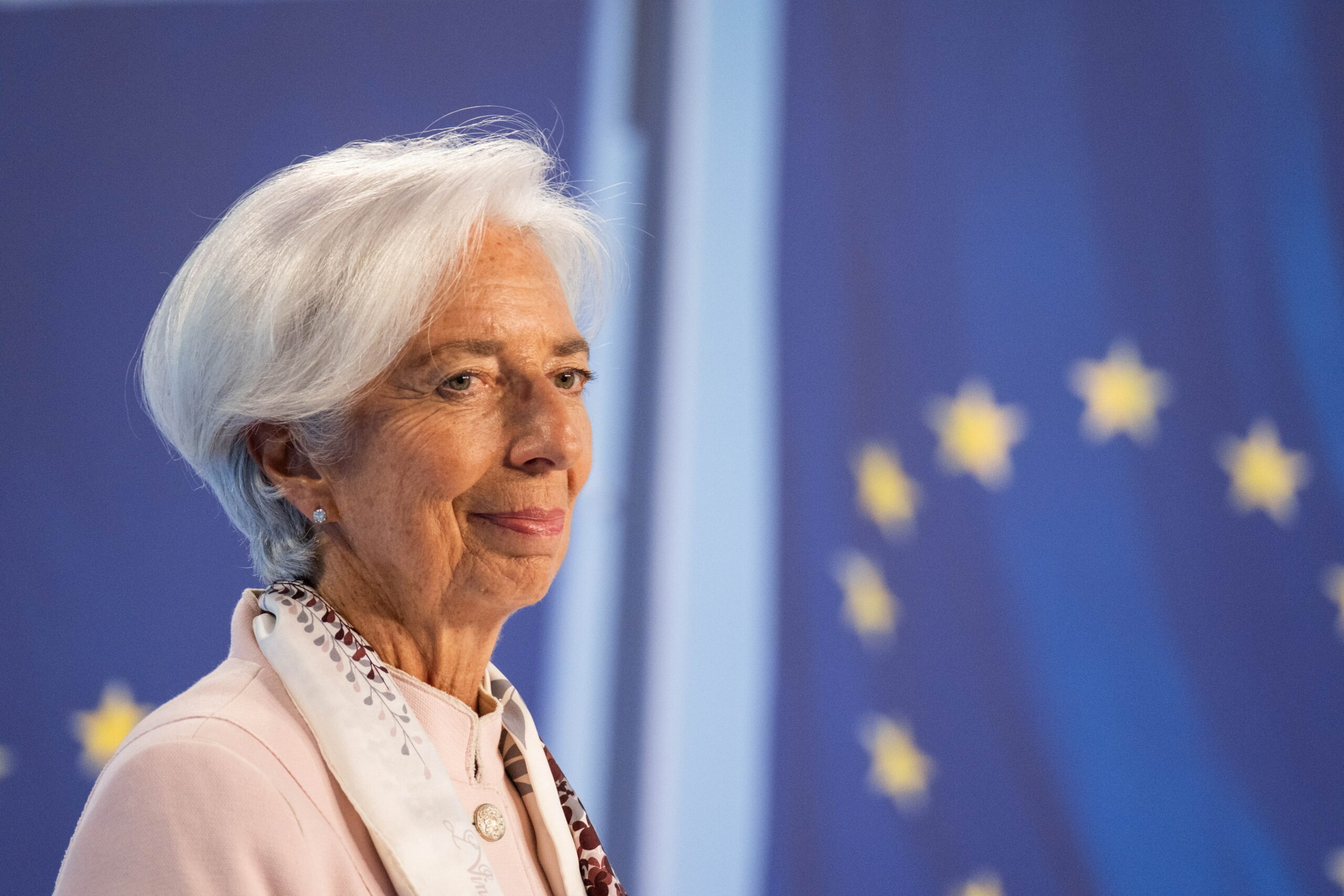What did the ECB decide

No growth, inflation is falling, but according to the ECB it is not the time to cut rates. The analysis by Martina Daga, Macro Economist of AcomeA SGR
For the second consecutive monetary policy meeting, the ECB decided not to raise the reference rates after a total of 450 bp of increases since the beginning of the monetary policy tightening cycle in July 2022, therefore keeping the deposit rate at 4%, the refinancing rate at 4.50% and the marginal lending facility rate at 4.75%. As in previous meetings, the rhetoric was reiterated according to which the reference rates have now reached a level which, if maintained long enough, could contribute to bringing inflation back to the 2% target, without the need for further increases.
During the press conference it was made clear that the monetary policy decisions of the next meetings remain strictly dependent on the data, to determine both the level of rates and the appropriate duration to bring inflation back to the target. There are three criteria that guide the ECB's action: the inflation outlook, which has shown significant improvements as evident from the update of the macroeconomic projections, the underlying inflation level, also from this point of view a slowdown in the pace of growth and, finally, the strength of the monetary policy transmission mechanism, evident in the tightening of credit conditions.
WHAT THE ECB DECIDED
However, the ECB board is convinced that it is not yet time to lower our guard, in fact the inflation projections are based on past market conditions, the deadline for the formulation of the projections was in fact 23 November, and, furthermore, core inflation measures have fallen quickly, but there are still strong pressures coming mainly from wage growth, on which the ECB wants to see further improving data.
The wage data for the first quarter of next year, probably the element that the ECB is still missing, will only be published with a certain delay compared to the end of the reference quarter. Lagarde finally clarified that cuts in reference rates have not even been discussed, we are in a transition period and for the moment it is a premature discussion.
The decision was taken in a macroeconomic context of weak growth in the Euro Area, with a slight contraction recorded in the third quarter. In light of this, growth forecasts for this year and next have been revised downwards. The 2025 recovery in economic growth is expected to be driven by rising real incomes, thanks to declining inflation and wage growth, as well as improving foreign demand. Regarding the level of inflation, references to inflation remaining “too high for too long”, previously used rhetoric, were eliminated, but rather a slowdown was recognized, particularly in November. Although the ECB states in the press release that a temporary recovery in inflation is likely in the short term and that internal price pressures remain high, the macroeconomic projections show a downward revision of the value of inflation, both headline and core, for this reason. this year and especially for next year. This is before inflation returns close to target only in 2025.
THE ECB'S QUANTITATIVE TIGHTENING
In today's meeting the members of the ECB board discussed the topic of accelerating the Quantitative Tightening programme, the decision communicated provides that PEPP reinvestments will continue until the middle of next year, in the second half of 2024 only Euros will not be reinvested 7.5 billion per month on average and from the end of next year they will stop fully reinvesting the securities expiring from the PEPP program. This discussion was essentially expected by the market, which probably expected reinvestments to be stopped even earlier than what was announced today.
THE SECURITIES IN THE PORTFOLIO
The ECB currently has a total of approximately Euro 4.7 trillion in securities in its portfolio, of which approximately Euro 3 trillion in the APP program and the remainder in the PEPP program, of which the majority is invested in government bonds. The ECB has already started its QT program this year with the failure to reinvest the maturing securities of the APP program, corresponding to approximately euro 25 billion/month. Reinvestments of PEPP program securities expiring continued throughout the year; a peculiar feature of the PEPP is that the ECB has greater flexibility in allocating the investments of this program and this feature has benefited countries that most need the ECB's intervention.
This is a machine translation from Italian language of a post published on Start Magazine at the URL https://www.startmag.it/economia/bce-decisioni-dicembre/ on Thu, 14 Dec 2023 15:29:46 +0000.
